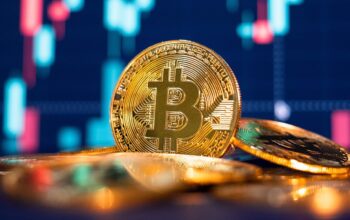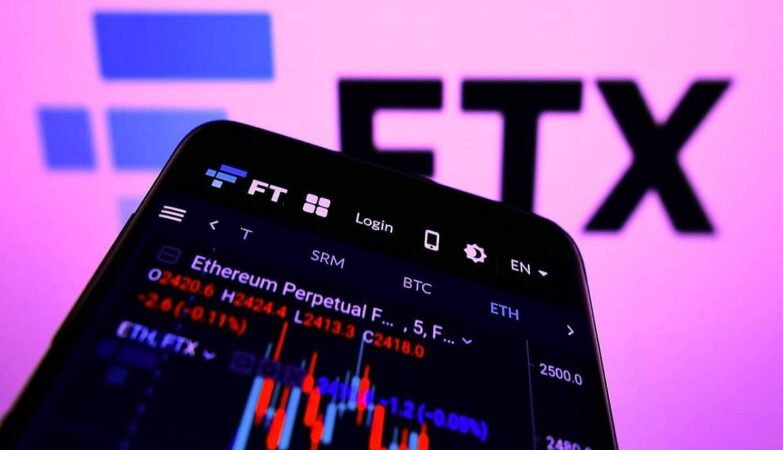The Shiba Inu (SHIB) community has been on edge lately as the token burn rate has dropped by a staggering 70% in the past week. This sudden decline in burn rate has left many investors wondering what caused it, and whether or not it is related to the recent surge in Ethereum gas fees.
SHIB Burn Dropped By 70%
The drop in SHIB token burns has been particularly pronounced in the past seven days, with a 69.57% decrease. At the same time, the price of SHIB has remained relatively stable, with a 24-hour increase of 3.34%.
With the rise of meme coins in the crypto market, Ethereum has seen an unprecedented surge in gas fees, reaching a 12-month high of 87 gwei before dropping to an average of 80 gwei. This surge in fees has affected the trading of SHIB, an ERC20 token, and raised questions about its burn rate.
How ETH Gas Fees Impacts?
Gas fees are a critical part of the Ethereum network, as they are used to pay for transactions and smart contract executions. As the network has become more congested, gas fees have risen sharply, making it more expensive to use the network. This has affected SHIB token burns, which have fallen in response to the rising costs.
Holders of SHIB tokens are becoming less willing to burn them, perhaps due to the high costs associated with doing so.
If the fees begin to decrease, we may see a resurgence in SHIB token burns. But it is clear that the rising cost of using the Ethereum network is having a significant impact on the cryptocurrency market, and particularly on ERC20 tokens like SHIB.
The presented content may include the personal opinion of the author and is subject to market condition. Do your market research before investing in cryptocurrencies. The author or the publication does not hold any responsibility for your personal financial loss.







